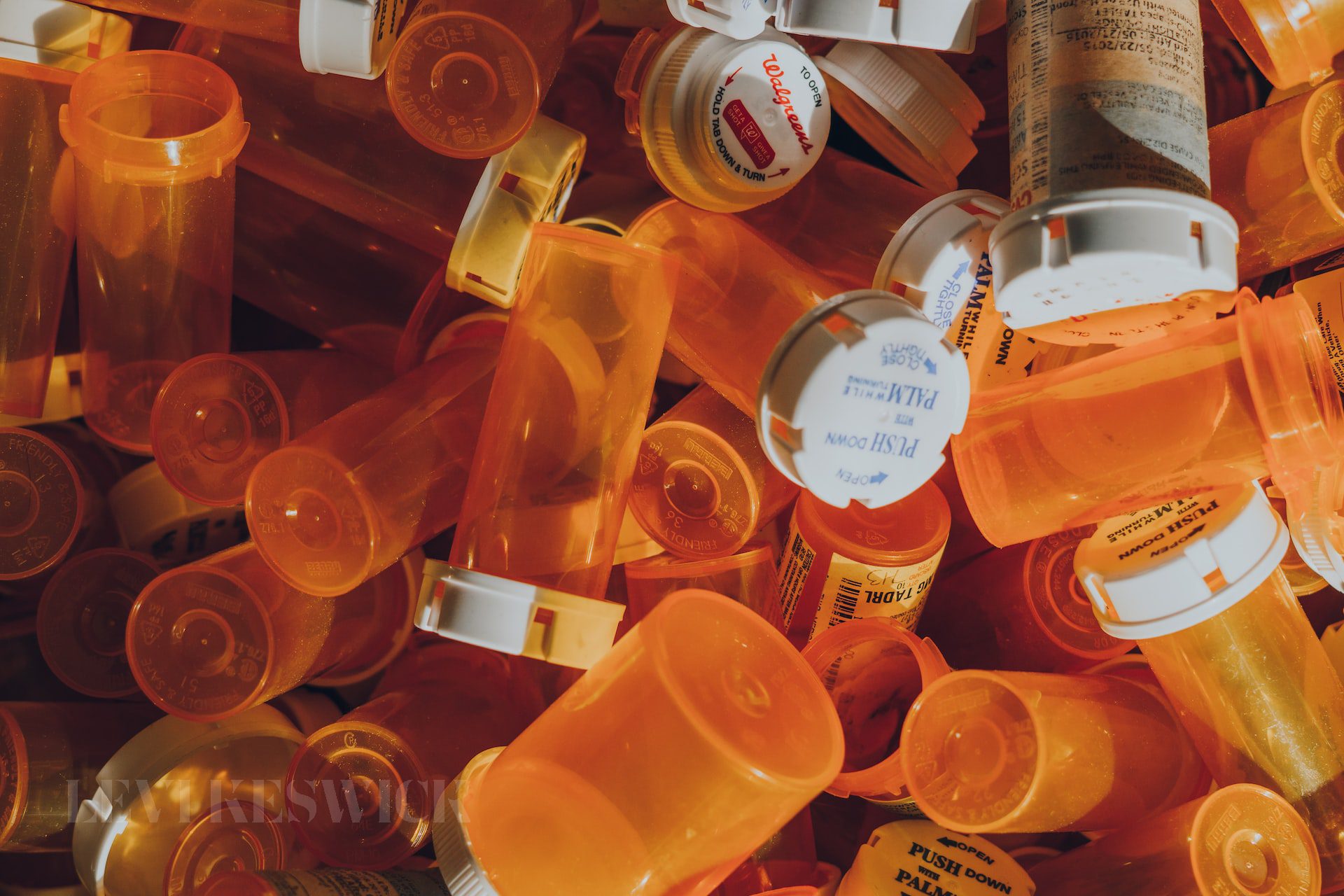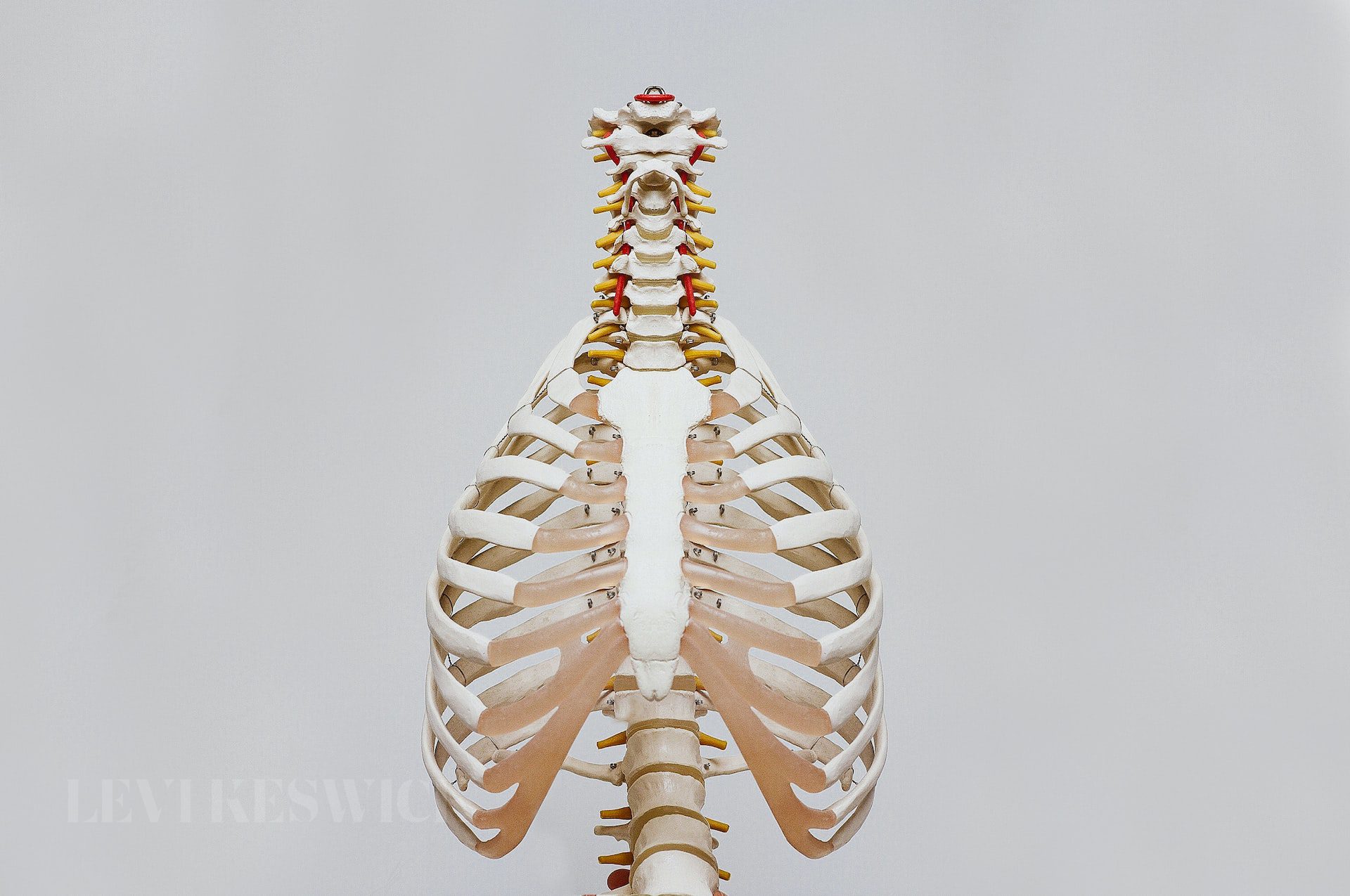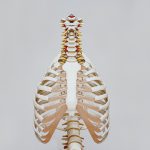Addiction is a complex issue that requires a lot of work to overcome. There is no one-size-fits-all solution, and each person’s journey will be different. In this blog post, we will discuss six of the most important steps in overcoming an addiction issue. If you are struggling with addiction, please don’t hesitate to reach out for help! There is hope for recovery, and we can help you get started on the path to healing.

1. Rehab
If you’re struggling with addiction, one of the best things you can do is seek professional help. Many excellent rehab facilities all over the world can provide you with the treatment and support you need to recover. Inpatient rehab is often the most effective option, as it allows you to focus on your recovery without distractions. During your stay, you’ll receive individual and group therapy, as well as other treatments like medication-assisted detoxification. Also, on this website, you can find a directory of rehab facilities, which can be sorted by location, type of treatment, and more. After completing inpatient rehab, you may be discharged to a less intensive level of care such as outpatient treatment or sober living.
2. Therapy
Therapy is an essential part of addiction recovery. It can help you understand the root causes of your addiction, develop healthy coping mechanisms, and build a support system. There are many different types of therapy, so it’s important to find one that’s right for you. Some common approaches include cognitive-behavioral therapy, motivational Interviewing, and 12-step facilitation. Individual therapy sessions are typically 50 minutes long and are held once or twice a week. However, the frequency and duration of treatment may vary depending on your needs. In addition to traditional talk therapy, some therapists also use experiential techniques such as art or music therapy.
3. Medication
For some people, medication can be an important part of addiction recovery. Medications can help reduce cravings, ease withdrawal symptoms, and treat underlying mental health conditions. The most common medications used to treat addiction include naltrexone, disulfiram, and methadone. It’s important to work closely with a doctor or psychiatrist when taking medication for addiction recovery, as they can monitor your progress and adjust your dosage as needed. If you’re considering medication for addiction recovery, be sure to talk to your doctor about all the risks and benefits. There is a lot of misinformation out there about addiction medication, so it’s important to get accurate information from a reliable source.
4. Support Groups
Support groups are a great way to connect with others who are going through similar experiences. These groups provide social support, which can be an important part of addiction recovery. Some common types of support groups include 12-step programs, SMART Recovery, and Women for Sobriety. There are also many online support groups available, which can be a great option if you’re unable to attend in-person meetings. In addition to traditional support groups, there are also peer-led recovery programs such as LifeRing Secular Recovery and SOS (Secular Organizations for Sobriety). These programs take a secular approach to addiction recovery and do not require participants to believe in a higher power.
5. Self-Care
Self-care is an important part of addiction recovery. Taking care of yourself physically, emotionally, and mentally will help you on your journey to recovery. Some self-care activities include exercise, relaxation techniques (such as yoga or meditation), and journaling. It’s also important to eat a healthy diet and get enough sleep. Taking care of your physical health will help reduce stress and improve your overall well-being. While it’s important to take care of yourself, it’s also important to find a balance. Too much self-care can lead to obsession and perfectionism, which can be harmful. When incorporating self-care into your recovery, be sure to listen to your body and mind and do what feels right for you.
6. Relapse prevention
After completing treatment, it’s important to focus on relapse prevention. This includes identifying triggers and developing coping mechanisms. It’s also important to continue attending support groups and therapy sessions, as well as taking medication if prescribed. If you do start to experience cravings or other signs of relapse, it’s important to reach out for help right away. Relapse is often a part of addiction recovery, but with the right help, it doesn’t have to be a roadblock. When relapse does occur, it’s important to view it as a learning experience and use it as motivation to stay on track.

In addition to taking care of your physical health, it’s also important to take care of your mental health. Addiction can often be caused by underlying mental health conditions such as depression, anxiety, or PTSD. If you’re struggling with any type of mental illness, it’s important to seek professional help. So, while self-care is important for everyone, it’s especially important for those in addiction recovery.












